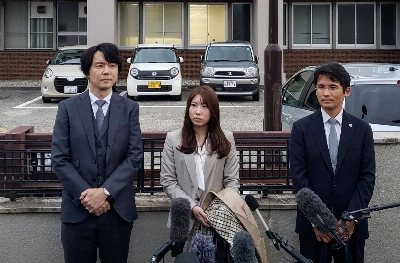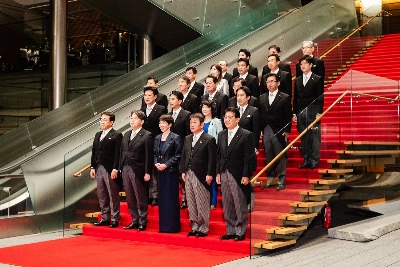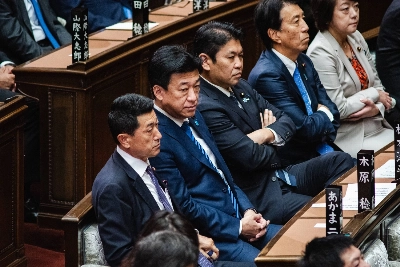Overcoming bitter divisions, leaders from 34 American nations agreed this week to try to establish a Free Trade Area of the Americas. Although differences prevented them from setting a target date for the deal in the summit's final declaration, any accord should be considered a victory given growing regional unease over U.S. power. The Americas are marked by extreme inequality and large numbers of unemployed. Economic progress will depend on political developments, which means the summit's commitment to good governance and the protection of human rights is as important as the trade provisions that dominate the headlines.
A little less than half of the inhabitants of Latin America and the Caribbean -- 44 percent, or about 220 million people -- live in poverty; 20 percent live in extreme poverty. The World Bank estimates that the richest 10 percent of people living on the continent receive 48 percent of the income, while the poorest 10 percent receive only 1.6 percent. The International Labor Organization estimates that 57 million people in the region are unemployed or underemployed.
To alleviate the situation, the United States has pushed for a free trade area that would encompass all states in the hemisphere, except Cuba. When concluded, the Free Trade Area of the Americas, or FTAA, would be the world's largest free trade area, with 34 countries, almost 800 million consumers and a combined gross domestic product of $13 trillion.


















With your current subscription plan you can comment on stories. However, before writing your first comment, please create a display name in the Profile section of your subscriber account page.